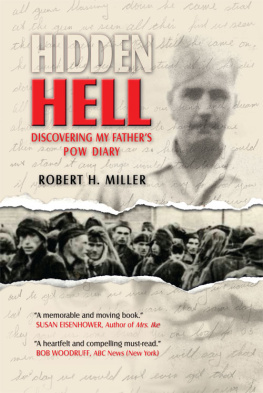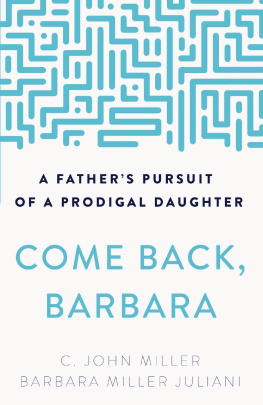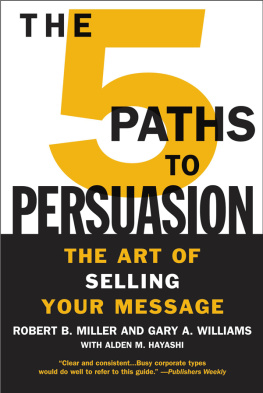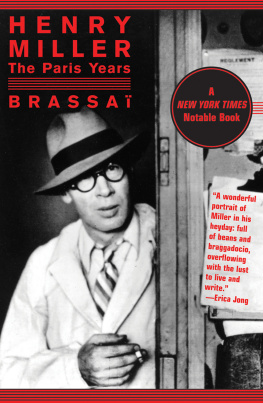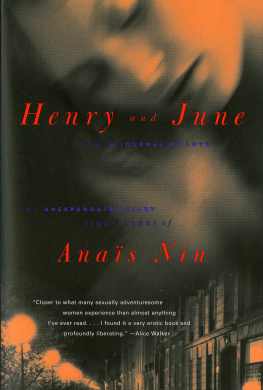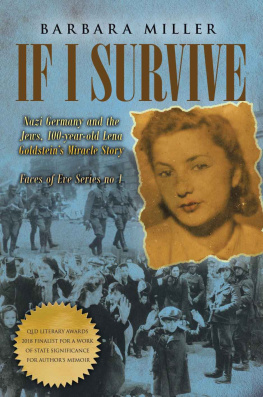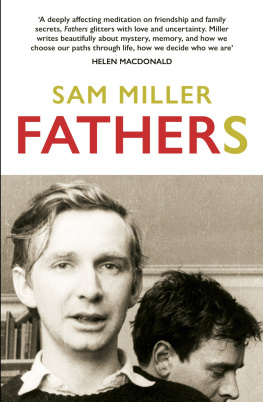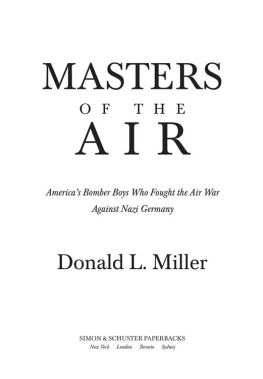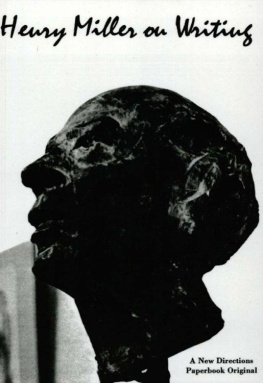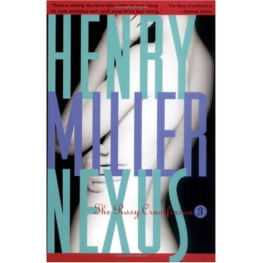
Praise for
HIDDEN HELL
Discovering My Fathers POW Diary
Robert Miller writes in this memorable and moving book that his father went to hell and back and then lived to tell no one but my mom about it. What he is referring to are his fathers experiences as a POW during World War II. Fortunately for us all, we now have a chronicle of what happened to him, how he survived, and his extraordinary vow to forgive.
SUSAN EISENHOWER, author of Mrs. Ike
A heartfelt and compelling must-read, Hidden Hell delves deeply into the horrors of war and the power of PTSD to haunt a soldier for the rest of his life. Readers will be casting the movie before they reach the end of this poignant and beautifully written story.
BOB WOODRUFF, ABC News (New York)
Disrupt the enemies activities by escaping, when taken prisoner, is a standard order by the U.S. Armed Services. But how many of us had the guts to ingeniously follow that order? Here is an amazing and powerful story, told in riveting chapters, of a U.S. Private First Class who did it twice and endured the brutal punishment. Readers will be thrilled, shaken, and uplifted. I was.
DR. GUY STERN
Distinguished Professor Emeritus, Wayne State University and
Master Sergeant, WWII (one of the Ritchie Boys)
What makes this particular war memoir so compelling is that it is driven by a sons need to understand his father. Through his quest, Robert Miller ultimately reaches a better understanding of humanity as a whole and of our conflicted capacity to treat each other with both unspeakable cruelty and redeeming, life-saving compassion.
JOE FAB, Emmy-nominated producer, writer, and director
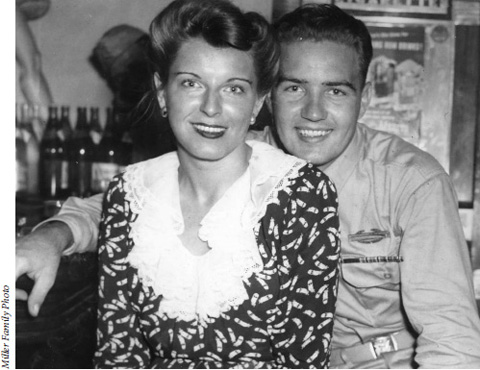
Eleanore Kurowski and Herbert Miller shortly before their wedding in 1945.
HIDDEN HELL
Discovering My Fathers POW Diary
Robert H. Miller
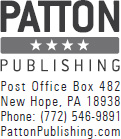
Copyright 2011
All rights reserved. No part of this publication may be reproduced, stored in a retrieval system, or transmitted, in any format or by any means, digital, electronic, mechanical, photocopying, recording, or otherwise, or conveyed via the Internet or Web site without written permission of Patton Publishing, except in the case of brief quotations embedded in critical articles and reviews.
Printed in the United States of America
Cover and book design: Nancy Rabitoy of Better Direction Design
Editor: Penny Schreiber
Library of Congress Control Number: 2011923890
ISBN: 978-0-9846374-0-9
www.roberthmiller.com.
FOR MY FATHER AND MOTHER
AND FOR HEINZ
CONTENTS
FOREWORD
T he war of American infantryman Herbert H. Miller lasted little more than a year. But he was a keen witness to the events presented in this fascinating book. Written by his son, Robert, it vividly depicts the real-life experiences of a soldier whose life was turned upside down by the vicissitudes of war and all its unimaginable horrors.
Landing on Omaha Beach on June 11, 1944, Miller immediately confronted the precariousness of life as he participated in the dramatic events that came to be known as the Battle for Normandy. It was the advance of the 30th Infantry Division that placed him at the front lines of Operation Cobra and amid the first hours of the massive counterattack on Hitlers troops at Mortain, France.
On August 6, the first day of the Battle of Mortain, Miller was taken prisoner by the Nazis. He began a cruel two-month march to a German prisoner-of-war camp. After arriving at Stalag VIIA, Miller endured eight more horrifying months as a POW, during which he escaped twice and was twice tortured. Herbert Miller was not a hot-headed or impulsive man but merely a person who suddenly found himself in a deadly situation. He was terrified but determined to survive and complete the task that had been handed to him, a simple soldier.
In May 1945, Miller was liberated by the Allies and the Red Cross, and the following month he returned home to his family. He married his sweetheart, Eleanore, on August 25, 1945. But the war was never really over for Herb Miller. He spoke of his war experiences only to Eleanore, but he suffered from post-traumatic stress disorder for the rest of his life. The week before his death, in 1994, Miller had his last nightmare about the war.
It was only after Herberts death that his son, Robert, discovered his Red Cross POW diary. It became the catalyst for him to learn about and understand more fully his fathers painful wartime experiences and how they had affected his behavior. With his mothers help and strong support, Robert set off to do research and pursue witness accounts during frequent trips to Europe. Slowly and painstakingly he was able to reconstruct the dramatic story of his fathers war.
This tender and searing account is dedicated to the memory of Roberts father. And it is dedicated to his late mother, Eleanore, whose unconditional love for her husband sustained him throughout every difficult moment of his post-war life. Finally, it is dedicated to the kind and principled German guard Heinz, who befriended Herbert and looked out for him at Stalag VIIA.
In spring 2008 I met Robert during one of his visits to Mortain. His extraordinary enthusiasm for recording a lasting memory of his father began a special and enduring friendship between the town of Mortain and this son of one of our American liberators.
Herbert Miller will rest eternally in our memories.
Noel Sarrazin, President
European Association of the 30th Infantry
Mortain, France
THOUGHTS FROM HELEN PATTON
I was seven years old and very excited to be spending the summer of 1969 at Green Meadows Farm. George S. Patton Jr. and his wife, Beatrice, had purchased this gorgeous New England estate north of Boston in 1928. They didnt spend a lot of time there until World War II, when Beatrice took up residence and welcomed her children and grandchildren while the old man was at war in Europe.
The Pattons were my grandparents. Our family visits took place many years after both had died, but the sprawling clapboard house was so little changed it seemed as if theyd be back any minute. Grandpas whiskey was still in the decanter, and Grandmas pen lay neatly on a monogrammed almost-finished thank-you note.
My grandparents had been great collectors, and treasures for children to discover abounded in their house: a stuffed blowfish; a mummys toe; Marie Antoinettes beauty marks (they still stuck); pistols; muskets; a sombrero that I imagined had been Pancho Villas; shiny dented helmets with two, three, or four stars; and boatloads of medals. A cannon and a bronze bust of Hitler adorned the lawn. My grandfather had trained his famous bull terrier, Willy, to pee on Hitler.
On a quiet afternoon that summer of 1969 I decided it was finally time to lift the lid on the big black sea chest George and Beatrice had purchased on their honeymoon in 1910. Draped over the chest was a velvet throw. Its precisely faded creases told me I was the first to dare to peek inside. My mother soon came upon me plopped on the living room floor. I was an island surrounded by a sea of black and white photos, stills my grandfather had taken during the liberation of Buchenwald. Staring at me from every direction were hundreds of pictures of gaunt and mutilated rubbery white corpses.
Next page
